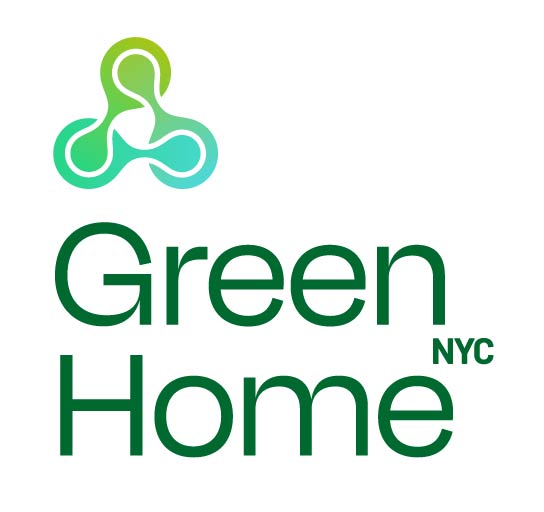GreenHomeNYC and NYDesigns are offering a series of fall workshops in October and November. Learn about energy savings in green buildings, how to conduct audits, finance, policy and more. AIA continuing credits are available.
- Multifamily Buildings: Reducing their Usage and Bills (10/14)
- Balancing Good Building Practice and Certifications: To LEED or to Lead (10/16)
- Energy Audits: What are they and How do You do Them? (10/21)
- The Science of Buildings: Including Physics and Math in the Quest for Durable Green Buildings (10/23)
- Financing Energy Efficiency: Who Has the Cash? (11/4)
Registration information after the jump!
All classes will be held at:
NYDesigns
45-50 30th Street, 7th Floor
Long Island City, NY 11101
Register online (below) or by phone: Frederick John, 718-663-8404.
Multifamily Buildings: Reducing their Usage and Bills
- October 14, 2010 6-9pm
- AIA Continuing Education Credit: 2.5 Hrs.
- Registration: $45. Register online.
The average multifamily building in NYC uses three times more energy and water per square foot than the average single family home in America. Quantifying the waste and fixing it in a multifamily building is a pragmatic process that everyone can perform when properly schooled in fuel analysis and retrofit basics. This class is designed as a primer for engineers, architects, building owners and cooperators to begin the first steps in changing your practice and your building.
Instructor:
Andrew Padian, The Community Preservation Corporation.
Balancing Good Building Practice and Certifications: To LEED or to Lead
- October 16, 2010 9am-3pm
- AIA Continuing Education Credit: 5 Hrs.
- Registration:$95. Register online.
A growing number of multifamily buildings are transitioning to green cleaning and maintenance products. What is the next step up for owners who want to differentiate their environmental credentials? Is LEED EB certification required? What does it take to achieve it? Is it worth the trouble – does the market value it? What are other strategies for differentiating your property’s environmental responsibility? This session will also discuss how to implement a comprehensive green and healthy property management program and how the program can lead to a standardized approach for energy savings, environmental health, reduced waste and water, reduced emissions and a healthier living environment. All of which, can result in cost savings due to lower energy bills, less maintenance and less complaints from tenants. Cost-effective practices will be highlighted as well as success stories from implementing such sweeping policies and practices.
Instructors:
Lauren Brust & Erica Brabon, Steven Winter Associates.
Energy Audits: What are they and How do You do Them?
- October 21, 2010 6-9pm
- AIA Continuing Education Credit: 2.5 Hrs.
- Registration: $45. Register online.
The window contractors and boiler contractors will all promise you 40% savings, but they are selling a product. What type of consultant will look objectively at a multifamily building, and put together a scope of work to fix your building without having the “fix” on? An engineer with 25 years of experience in hundreds of buildings teaches you the basics.
Instructor:
Asit Patel, Association for Energy Affordability
The Science of Buildings: Including Physics and Math in the Quest for Durable Green Buildings
- October 23, 2010 9am – 3pm $95
- AIA Continuing Education Credit: 5 Hrs.
- Registration: $95. Register online.
Why does mold grow? How does heat get upstairs? Why do we build glass buildings? This class will explain the basics of building science, and how ignoring these principles lead to building degradation and failure. Learn how to build more durable, healthy and very low energy buildings at no extra cost. Instructor:
Henry Gifford, Architecture and Energy Limited.
Financing Energy Efficiency: Who Has the Cash?
- November 4, 2010 6-9pm
- AIA Continuing Education Credit: 2.5 Hrs.
- Registration: $45. Register online.
There are no large bags of cash or government programs with full grants for your solar panels and windmills. There are, however, a series of programs that, when combined, can help most buildings reduce their usage if they are willing partners. Stop worrying about why no one is giving you free money and find out how to run your buildings within the system.
Instructors:
Andrew Padian, The Community Preservation Corporation and
Luke Falk, NYSERDA

Leave a Reply
You must be logged in to post a comment.